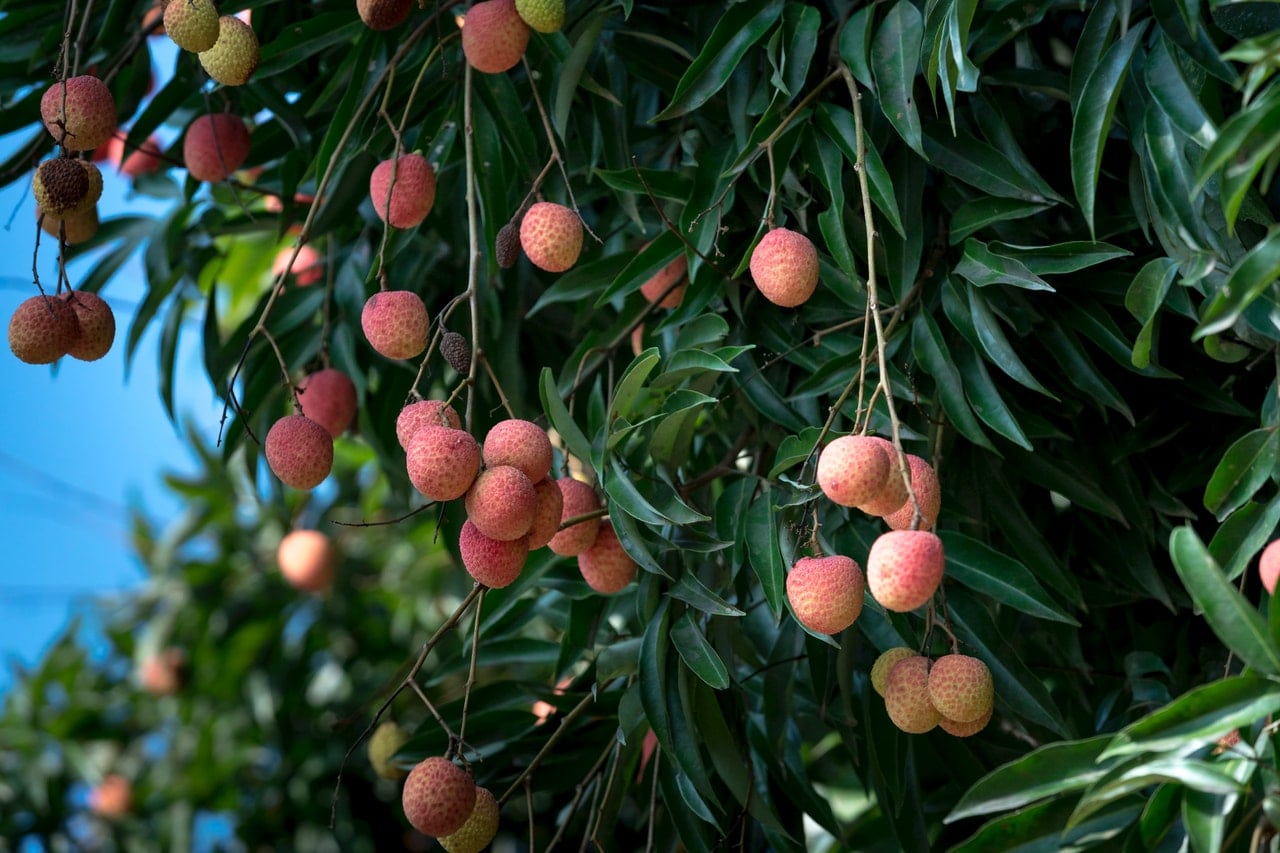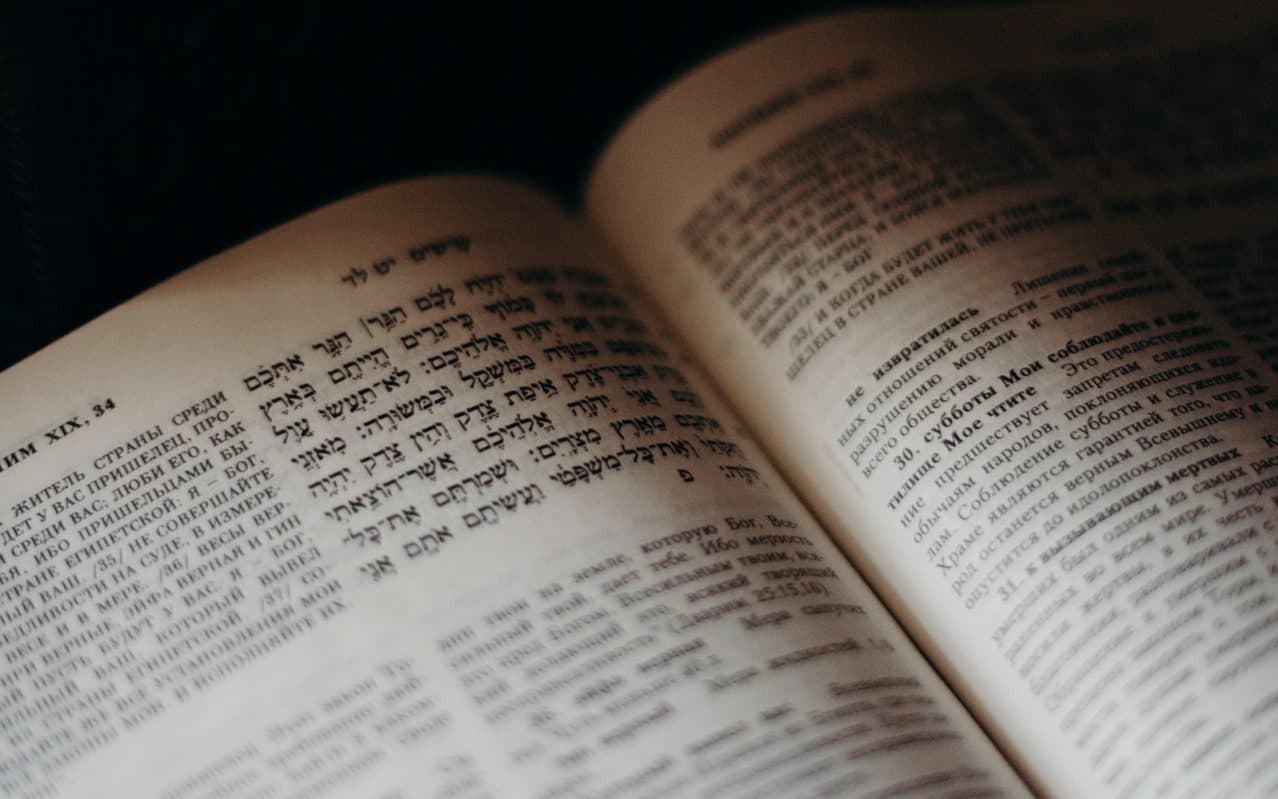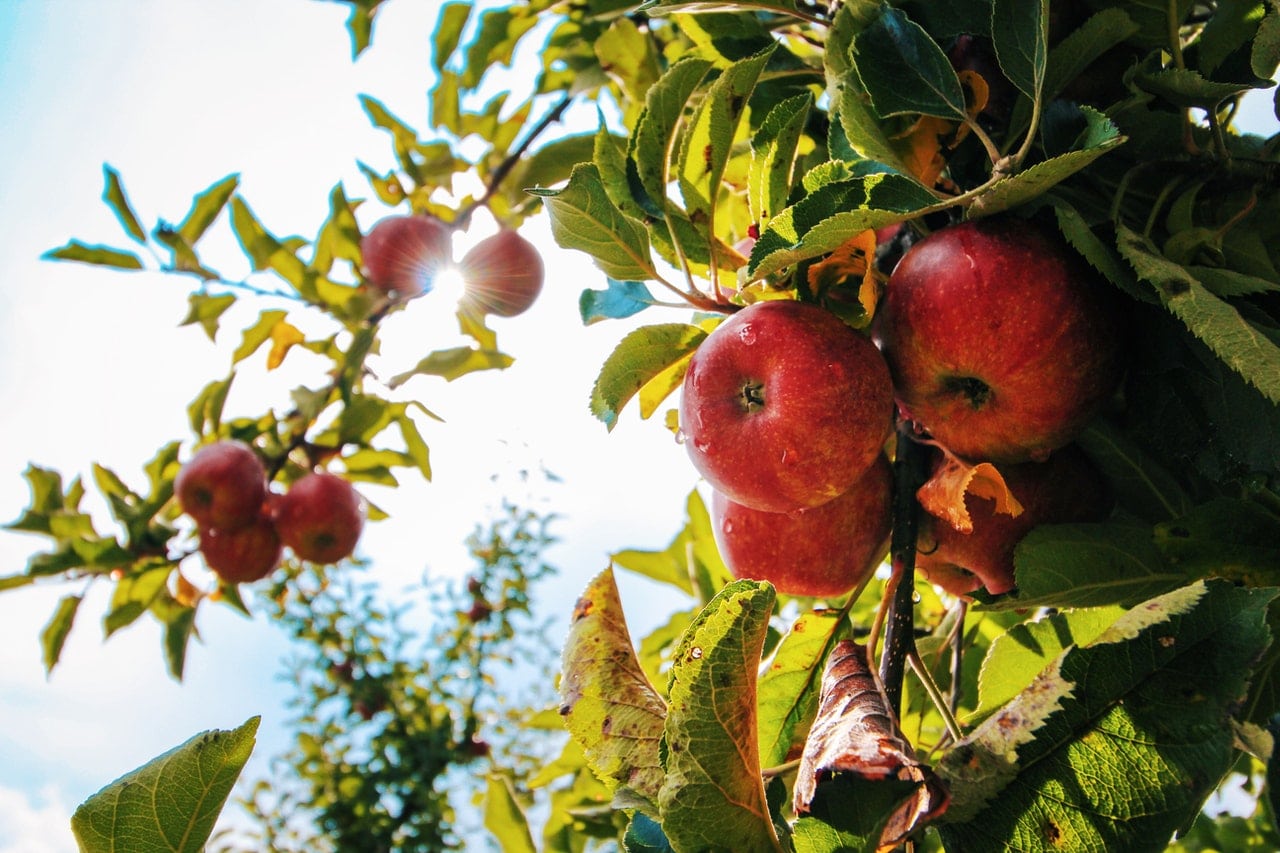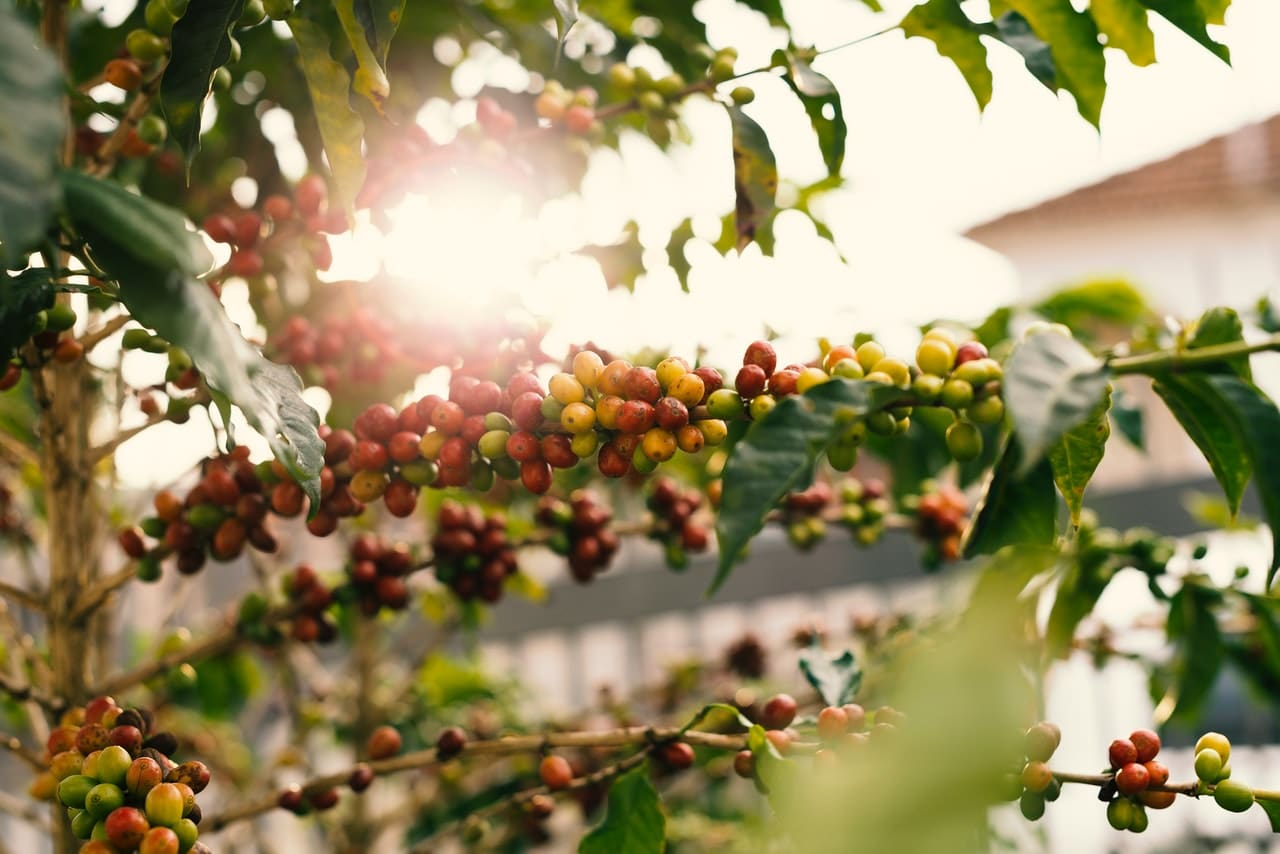Ramadan
Yasir Qadhi | Ramadan Reminder: The Fruit of Patience is Always Sweet
Published

The verse that mentions the story of Ayyūb 


Our Prophet Muḥammad 


“When he made du‘ā’ to his Lord, he said, ‘O my Lord, Shayṭān has afflicted me with a pain and with torture.’” What is the story of Ayyūb? We don’t have it mentioned in the Qur’ān and Sunnah in detail, but just references are given. We gather from other sources [the Isra‘iliyyāt], which we are allowed to narrate. Isra‘iliyyāt are the stories that are found in the Old Testament and the New Testament.
Keep supporting MuslimMatters for the sake of Allah
Alhamdulillah, we're at over 850 supporters. Help us get to 900 supporters this month. All it takes is a small gift from a reader like you to keep us going, for just $2 / month.
The Prophet (SAW) has taught us the best of deeds are those that done consistently, even if they are small. Click here to support MuslimMatters with a monthly donation of $2 per month. Set it and collect blessings from Allah (swt) for the khayr you're supporting without thinking about it.

Our Prophet Muḥammad 
Ayyūb  ‘s Test
‘s Test
From the Old Testament, we learn the story of Ayyūb in much more detail. Ayyūb is called Job in the Old Testament. The story of Ayyūb, as summarized in the Old Testament, is that he was blessed with an immense fortune and an immense wealth. Allāh 

“What would you do, O Ayyūb, if you don’t have your wealth, your plantations?”
Overnight, a storm came and it was one of the thunderstorms that have fire in it as well. They are very rare but happen. This test from Allāh came and took everything that Ayyūb had. He was outside of his house, and the house itself collapsed, and all of his children died. Only his wife was saved. Everybody else was taken back to Allāh 
He had to abandon the city and live in a shanty-house and a small structure. Nobody would come close to him except his wife who was very dedicated, and she continued to support her husband and continue to take care of him throughout this time. His worship did not change at all. He continued being just as thankful for what he had, and he continued praying and fasting and doing whatever he could despite the fact he didn’t have anything of what he used to have. His attitude towards his Lord did not change at all. He passed the test. Allāh says:
“This is our true servant Ayyūb who worships Us regardless of the situation he is in, whether he is rich or poor, whether he is healthy or sick, the Lord will not change. Allāh’s blessings will be given if you put your faith in Him.”
He prayed to Allāh and blamed it all on Shayṭān. “O my Lord, Shayṭān has done all of this,” and this is of the positive attitude of the believer. We said many, many times: the believer never ascribes evil to Allāh even though at the end of the day nothing happens except if Allāh decrees. We don’t ascribe it to Allāh. We ascribe it to ourselves. “It is because of my sins.” Or we ascribe it to the Shayṭān, but we don’t ascribe evil to Allāh. Our Prophet 

Ayyūb says, “Shayṭān caused all of this for me, and he has caused me pain. O my Lord, you know my situation.” Allāh 
After those few years, Allāh told him, “Kick the ground. Where you kick the ground, you will find water coming out from there. Wash yourself with this water. It is cold and pure water.” When he washed himself, he came out as handsome as he ever was, so much so that when his wife came with his daily food, she saw this beautiful stranger and said, “Where is my husband? He used to be around here.” She didn’t even recognize him because he had gone back to even a better state. Allāh 

What is Patience?
I want to talk about patience because this is the month of patience. Our Prophet 

“If you can conquer fasting, fasting is half of all patience.”
If you can perfect your fasting, then you have perfected 50% of patience. The rest of patience will be through other things. Patience (ṣabr) is a part and parcel of our life. Allāh 

Ṣabara actually means “to restrain, to tie up.” You say that an animal is maṣbūr if the animal is tied up. You say that the prisoner is ṣabra if his hands are tied up. Ṣabara actually means to tie up, to be withheld, to restrain. Of course, you understand the logical connection between the original meaning and patience because what is patience? Patience means you control yourself. You put your hands down and an invisible knot around your hands and an invisible string around your tongue. This is what you are holding and you are restraining,
The real meaning of ṣabr is to withhold. The reason why ṣabr is such a difficult action is because it is an inaction, it is no action. You are not supposed to do something. Your blood is boiling, and ṣabr tells you to trap it, clamp it down, control it. You want to scream, shriek, yell, and hit. Ṣabr means calm down and control it. This is the reality of what ṣabr is.
Allāh 



Allāh’s Punishment is lifted because of your patience, and Allāh’s Reward is a sign and the highest levels of Jannah are a sign. In fact, this is one of the best rewards of patience. We said many, many times that every deed is given between 10 to 700 times reward. There are some exceptions. Fasting is one of them. There is no limit because fasting is the embodiment of patience, and Allāh says about patience, “Those who are patient will get their reward back without it being counted.” When Allāh does not count, can you imagine how much you are going to get?
There are so many blessings as well. The ḥadīth qudsi in Tirmidhi: the Prophet 
Also in the ḥadīth in Tirmidhi, the Prophet 
As the saying goes, the fruit of patience is always sweet. If you try to be hasty, you are not going to get the fruit. If you are patient, you will get the fruit. My dear brothers and sisters, this is the month of fasting. It is the month of ṣabr. If we can perfect our fasting, we have perfected 50% of ṣabr. Allāh 

Three Types of Ṣabr
Ṣabr is of three types.
1. Ṣabr in the face of a calamity. Death of a loved one, car accident, loss of a job, muṣībah happens. How do we do ṣabr at that point in time? We act Islamically. We don’t say what we shouldn’t say. We don’t move our hands and wail and cry. We act responsibly and sensibly. This is the first category of ṣabr.
2. Restrain ourselves from committing sins. If we see some alcohol and temptations come to drink it, some of us may have a problem with this, but they have ṣabr and control it. This ṣabr is generally more difficult than the first category because in the first category, you can’t help it if you are in an accident and have to be patient. If somebody dies, what are you going to do? You are forced into it. In the second category, you have the will to do a sin, but ṣabr comes in and you restrain yourself. The highest category of ṣabr is:
3. Restrain yourself from permissible things and put yourself into worship of Allāh constantly. Allāh 
How to Attain Patience
The final point: How does one attain patience? Two points:
1. Study the blessings of patience. Simply reading the Qur’ān and Sunnah and Imam al-Nawawi has a very good chapter in Riyāḍ’l-Ṣāliḥīn on patience. Simply read this and be aware of the blessings of patience. This will bring about an immense ease when a calamity happens how to be patient.
2. Ask Allāh to give you patience. Our Prophet 


Remember that the Prophet 
May Allāh 




The above is the audio and transcript of Shaykh Yasir Qadhi’s lecture “The Fruit of Patience is Always Sweet.” The transcript includes slight modifications for the sake of readability and clarity. Transcribed by Sameera
This lecture is brought to you by the Memphis Islamic Center (MIC). For more information about MIC, please visit www.memphisislamiccenter.org
Keep supporting MuslimMatters for the sake of Allah
Alhamdulillah, we're at over 850 supporters. Help us get to 900 supporters this month. All it takes is a small gift from a reader like you to keep us going, for just $2 / month.
The Prophet (SAW) has taught us the best of deeds are those that done consistently, even if they are small. Click here to support MuslimMatters with a monthly donation of $2 per month. Set it and collect blessings from Allah (swt) for the khayr you're supporting without thinking about it.
Sh. Dr. Yasir Qadhi is someone that believes that one's life should be judged by more than just academic degrees and scholastic accomplishments. Friends and foe alike acknowledge that one of his main weaknesses is ice-cream, which he seems to enjoy with a rather sinister passion. The highlight of his day is twirling his little girl (a.k.a. "my little princess") round and round in the air and watching her squeal with joy. A few tid-bits from his mundane life: Sh. Yasir has a Bachelors in Hadith and a Masters in Theology from Islamic University of Madinah, and a PhD in Islamic Studies from Yale University. He is an instructor and Dean of Academic Affairs at AlMaghrib, and the Resident Scholar of the Memphis Islamic Center.


Faith, Identity, And Resistance Among Black Muslim Students

Moonshot [Part 12] – November Evans

From The Prophets To Karbala: The Timeless Lessons Of Ashura For Muslims Today

Moonshot [Part 11] – The Fig Factory

Nationalism And Its Kurdish Discontents [Part II of II]: Kurds And Turkiye After Ottoman Rule

Moonshot [Part 11] – The Fig Factory

Moonshot [Part 12] – November Evans

Moonshot [Part 10] – The Marco Polo

Moonshot [Part 9] – A Religion For Real Life

Nationalism And Its Kurdish Discontents [Part II of II]: Kurds And Turkiye After Ottoman Rule

[Dhul Hijjah Series] Calling Upon the Divine: The Art of Du’a (Part 1)

IOK Ramadan 2025: Four Steps | Sh Zaid Khan

IOK Ramadan 2025: Do Your Best | Sh Zaid Khan

IOK Ramadan 2025: Giving Preference to Others | Sh Zaid Khan





hansa
August 1, 2012 at 10:13 AM
Excellent article mashaAllah. Just wanted to report a small typo in the hadith about what a strong person is:
“The strong person is *not* the one who can beat somebody else up. The strong person is the one who can control himself when he is angry because that is the ultimate patience.”
Fezz
August 1, 2012 at 2:33 PM
Nice piece and beautifully transcribed. Just one small correction;
“his sin began to fester and wound”. -> “his skin began to fester and wound”
:D
Maine
August 1, 2012 at 2:34 PM
Alhamdulillah, very good article and link! Really needed to read this at the moment.
Neda
August 1, 2012 at 11:56 PM
Assalamalikum, mashAllah very nice lecture by Sh Yasir Qadhi.Alhamdulillah right when I needed it.Dr.Farhat Hashmi said in one of her lectures that Allah SWT says in the Quran that He is with as saabiroon, the patient ones.What better blessing than this that the Almighty is with us.May Allah SWT make us among the saabiroon.
Aziza
August 2, 2012 at 1:00 PM
Great reminder, JazakAllah Khair!
Sarah
August 2, 2012 at 1:02 PM
JazakumAllahu khayrn for this beautiful article.
ahsan arshad ali
August 2, 2012 at 3:10 PM
alhumdulillah, enjoyed listening to the lecture, may Allah help us achieve the highest level of sabr.
Pingback: Yasir Qadhi | Ramadan Reminder: The Fruit of Patience is Always Sweet « As-Sabireen
Nuraini
August 3, 2012 at 11:10 PM
This Ramadhan is the hardest in my life. Allah has tried me with the burden of forbearance by the loss of all I thought I had to look forward to. Thank you for the reminder that He is opening the door of Jannah to me.
jamaloden
August 14, 2012 at 1:51 AM
Happy Ramadhan to all..
Shine
May 2, 2020 at 2:29 PM
I heard somewhere one should not ask Allah for sabr as he will get afflicted with calamities..is it true?